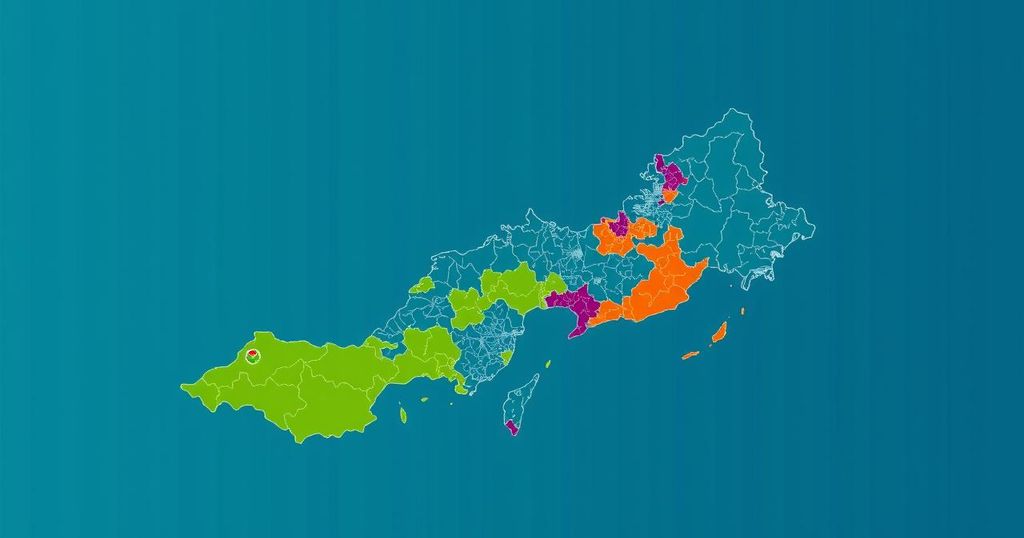Bosnia and Herzegovina must invest $6.8 billion over the next decade to mitigate the impacts of climate change, which could reduce its economy by up to 14% by 2050. The World Bank highlights the significance of nature-based solutions for resilience, urgent climate adaptation investments, and the transition to a low-carbon economy, with a notable emphasis on private sector involvement.
Bosnia and Herzegovina is at a critical juncture regarding its approach to climate change, with the World Bank Group’s recent Country Climate and Development Report highlighting the urgent need for $6.8 billion in investments over the next decade. The report warns that climate-related damages could reduce the nation’s economy by as much as 14% by 2050, largely due to flooding, which constitutes over 90% of the reported damages. Therefore, the implementation of nature-based solutions, such as floodplain restoration and peatland preservation, is paramount for enhancing resilience and driving economic growth. Christopher Sheldon, World Bank Country Manager for Bosnia and Herzegovina and Montenegro, stated, “Climate change is not just an environmental challenge; it is a direct threat to Bosnia and Herzegovina’s economic stability, public health, and social well-being.” Recent floods in regions such as Jablanica illuminate the dire consequences of climate-related disasters, affecting lives, livelihoods, and entire communities. By undertaking decisive measures today, Bosnia and Herzegovina can alleviate future risks while fostering sustainable growth opportunities. The report advocates for immediate investments in climate adaptation, particularly in flood prevention infrastructure, highlighting that every €1 spent could yield up to €10 in returns. Additionally, transitioning to a low-carbon economy by 2050 is critical, necessitating the phasing out of coal and lignite, expanding renewable energy sources like solar and wind, and improving energy efficiency. The report emphasizes governmental action to prevent energy poverty and provide support to economically disadvantaged households during this transition. Private sector engagement is crucial, as it is expected to account for nearly 90% of the investment required to reach net-zero emissions by 2050. Nicolas Marquier, IFC Regional Manager for the Western Balkans, noted, “Private sector investments and jobs in the green economy are vital to position Bosnia and Herzegovina for a sustainable future.” Collaborative efforts between the public and private sectors, focusing on infrastructure development and green financing, will facilitate the necessary investments to combat climate challenges effectively. Moreover, establishing robust institutions and regulatory frameworks is essential for sustained climate action. The World Bank Group is actively collaborating with authorities in Bosnia and Herzegovina on initiatives aimed at supporting a just transition and improving air quality, thereby promoting overall well-being.
The World Bank Group’s Country Climate and Development Report for Bosnia and Herzegovina addresses the critical implications of climate change on the nation’s economy, public health, and social fabric. With projections forecasting severe economic contractions due to climate-induced damages, particularly from floods, the report outlines the urgent need for strategic investments in resilience building. It advocates for nature-based solutions, a transition to renewable energy sources, and the engagement of the private sector to foster economic growth while mitigating climate risks.
In conclusion, Bosnia and Herzegovina faces significant threats from climate change, warranting urgent investments and strategic actions to enhance its resilience. The projected economic impacts underscore the necessity of a comprehensive approach, incorporating nature-based solutions, a transition to a low-carbon economy, and active involvement from the private sector. By investing in these areas now, Bosnia and Herzegovina can secure a sustainable and prosperous future for its citizens.
Original Source: reliefweb.int






